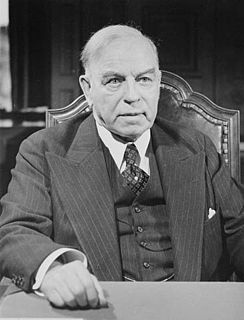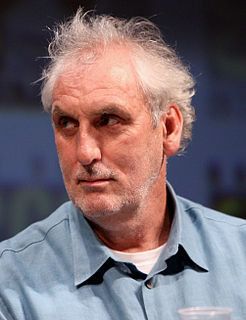A Quote by Colin Powell
With respect to where we are now, we have a voluntary army. And if we ever go back to conscription I hope that at time it will be the kind of conscription that was put in at the end of the Vietnam War. And that is, everybody is equally liable to be called to serve the nation in time of conflict.
Related Quotes
Wicksell's old-fashioned liberalism is reminiscent of John Maynard Keynes' attitude toward conscription during World War I. Keynes opposed conscription, but he was not a pacifist. He opposed conscription because it deprived the citizen of the right to decide for himself whether or not to join in the fight. Keynes was exempt as a civil servant from conscription; so there is no need to question his sincerity. Apparently his belief in the rights of the individual against a majority of his compatriots was very strong indeed.
I also think there are prices too high to pay to save the United States. Conscription is one of them. Conscription is slavery, and I don't think that any people or nation has a right to save itself at the price of slavery for anyone, no matter what name it is called. We have had the draft for twenty years now; I think this is shameful. If a country can't save itself through the volunteer service of its own free people, then I say: Let the damned thing go down the drain!
I would agree that much with people who accept private property - that conscription is an unpardonable transgression, whether it be "corrupt" or not. The Spanish anarchists opposed conscription during the civil war in Spain as a gross expropriation of property, the most precious property that we have, our own physical beings themselves.
Now, it's high time for all those that have an influence on the parties with the conflict to understand that it is in the interest of everybody to put an end to this conflict. But this kind of persuasion, this kind of intense pressure, I believe it's my duty to do, even if I recognize that the contradictions and the different perceptions of interest that exist are making it very difficult.
The principle of compulsory service, embodied in the system of conscription, lias been the means by which modem dictators and military gangs have shackled their people after a coup d'état, and bound them to their own aggressive purposes. In view of the great service that conscription has rendered to tyranny and war, it is fundamentally shortsighted for any liberty-loving and peace-desiring peoples to maintain it as an imagined safeguard, lest they become the victims of the monster they have helped to preserve.
With 450,000 U. S. troops now in Vietnam, it is time that Congress decided whether or not to declare a state of war exists with North Vietnam. Previous congressional resolutions of support provide only limited authority. Although Congress may decide that the previously approved resolution on Vietnam given President Johnson is sufficient, the issue of a declaration of war should at least be put before the Congress for decision.










































